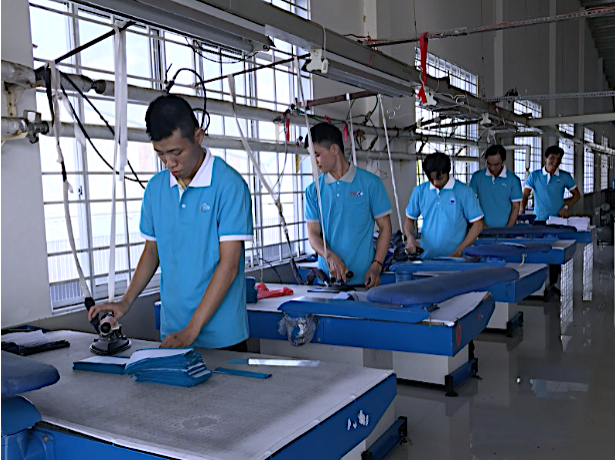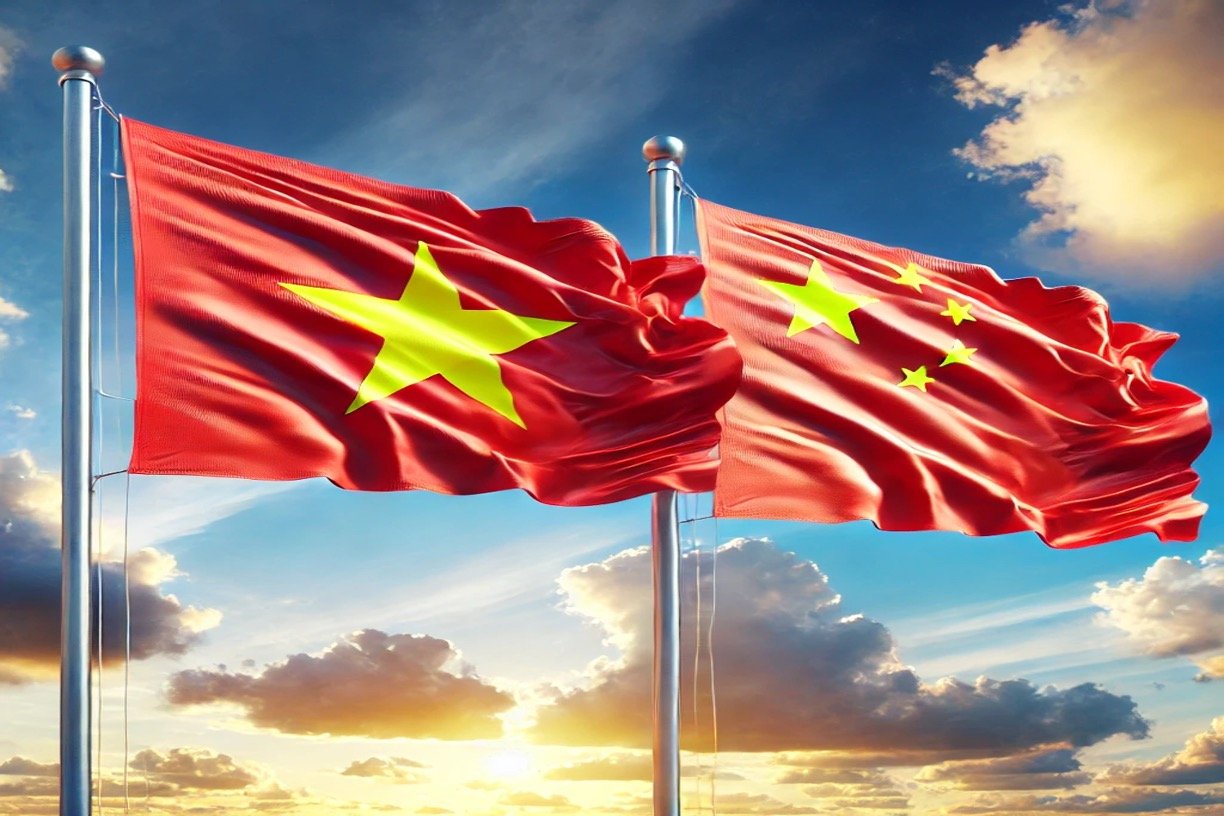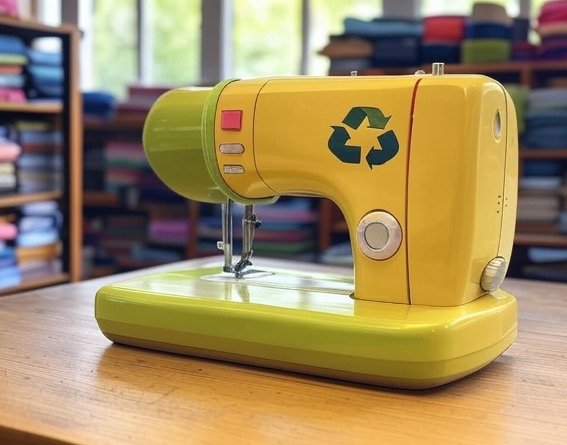
From Fast Fashion to Responsible Sourcing: The Pivotal Role of Vietnamese Manufacturers
The global fashion industry is undergoing a transformation as environmental concerns, labor rights issues, and consumer demand for transparency reshape supply chains. Vietnam has emerged as a leader in responsible garment manufacturing, driven by government-backed sustainability policies, advancements in eco-friendly production, and improved labor practices. With investments in water recycling, solar-powered factories, and fair wages, the country is setting a new standard for ethical sourcing. As brands seek to align with sustainability goals, Vietnam offers a scalable and cost-effective solution for responsible fashion production. Explore how Pham Fashion House is leading the way in ethical garment manufacturing.

Vietnam Garment Production: A Sustainable Shift Away from China
As the fashion industry shifts toward sustainability and ethical production, Vietnam is emerging as the top alternative to China for garment manufacturing. With over $40 billion in exports, cutting-edge sustainable innovations, and trade agreements that boost global competitiveness, Vietnam offers brands a cost-effective, high-quality, and responsible supply chain solution. From bio-based fibers to textile recycling, Vietnam is leading the way in eco-conscious production. Learn why brands are making the switch and how Pham Fashion House can help you transition seamlessly. Read more to discover the future of garment manufacturing!

The Rise of Sustainable Garment Manufacturing in Vietnam
Vietnam is quickly becoming a global leader in sustainable garment manufacturing, offering eco-friendly fabric sourcing, ethical labor practices, and innovative waste reduction techniques. With investments in solar energy, water-saving dyeing methods, and circular fashion initiatives, Vietnam provides brands with a cost-effective and environmentally responsible production hub. Discover why Vietnam is at the forefront of the future of fashion and how Pham Fashion House can help your brand transition to sustainable manufacturing solutions.

Vietnam Garment Industry Tariffs: What Fashion Brands Need to Know in 2025
Vietnam’s garment industry continues to be a top choice for apparel brands, thanks to competitive trade agreements, skilled labor, and cost-effective production. This article breaks down Vietnam’s current tariff structures, U.S. and EU trade policies, and key sourcing strategies to help brands navigate import duties and optimize apparel manufacturing. With shifting U.S. trade policies, including de minimis exemption changes, Vietnam is positioned as an attractive alternative to China for fashion sourcing. Learn how to leverage Vietnam’s trade advantages and optimize your supply chain with Pham Fashion House.

Behind the Scenes at New York Fashion Week
Stepping backstage at New York Fashion Week (NYFW) was a dream come true for Pham Fashion House intern, Valery Najac. In her role as a Producer Assistant, she experienced firsthand the coordination, craftsmanship, and challenges that bring a runway show to life. From garment production and apparel manufacturing to last-minute fittings and styling adjustments, she witnessed how Vietnam’s skilled garment industry plays a crucial role in fashion’s global supply chain.
Her experience at NYFW reinforced that fashion is more than just style. Fashion is a combination of storytelling, logistics, and collaboration. As she looks ahead to her future in the industry, she carries with her a newfound appreciation for the journey from fabric swatches to the runway and beyond.